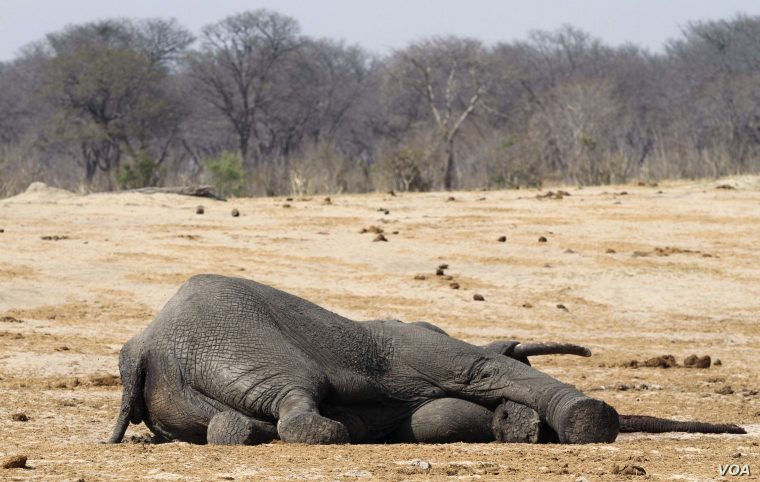
“My mother was poisoned”
Knocking on death’s door, these were the sentiments of a young unborn elephant who died in the womb after being poisoned.
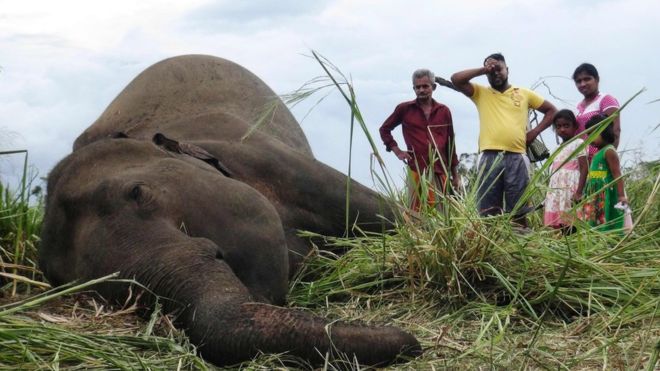
This baby elephant was part of a herd of seven elephants who were allegedly poisoned in Sri Lanka. In response to the mass death, the Sri Lankan authorities have imposed tougher penalties to protect these animals. Once considered as religious symbols in the island country, these lives were suspected to have been taken in the name of preserving village crops.
In June this year, Perhilitan found three elephant carcasses in Kampung Sri Timur, Kluang for which the department found traces of poison in all three. Local farmers have been reported to have issues with elephants destroying their crops for quite some time before this happened. With the case being one of many reported incidents between man and beast, Perhilitan is now running a mitigation and prevention operation to separate the two, in hopes for a better understanding a feasible solution to the problem.
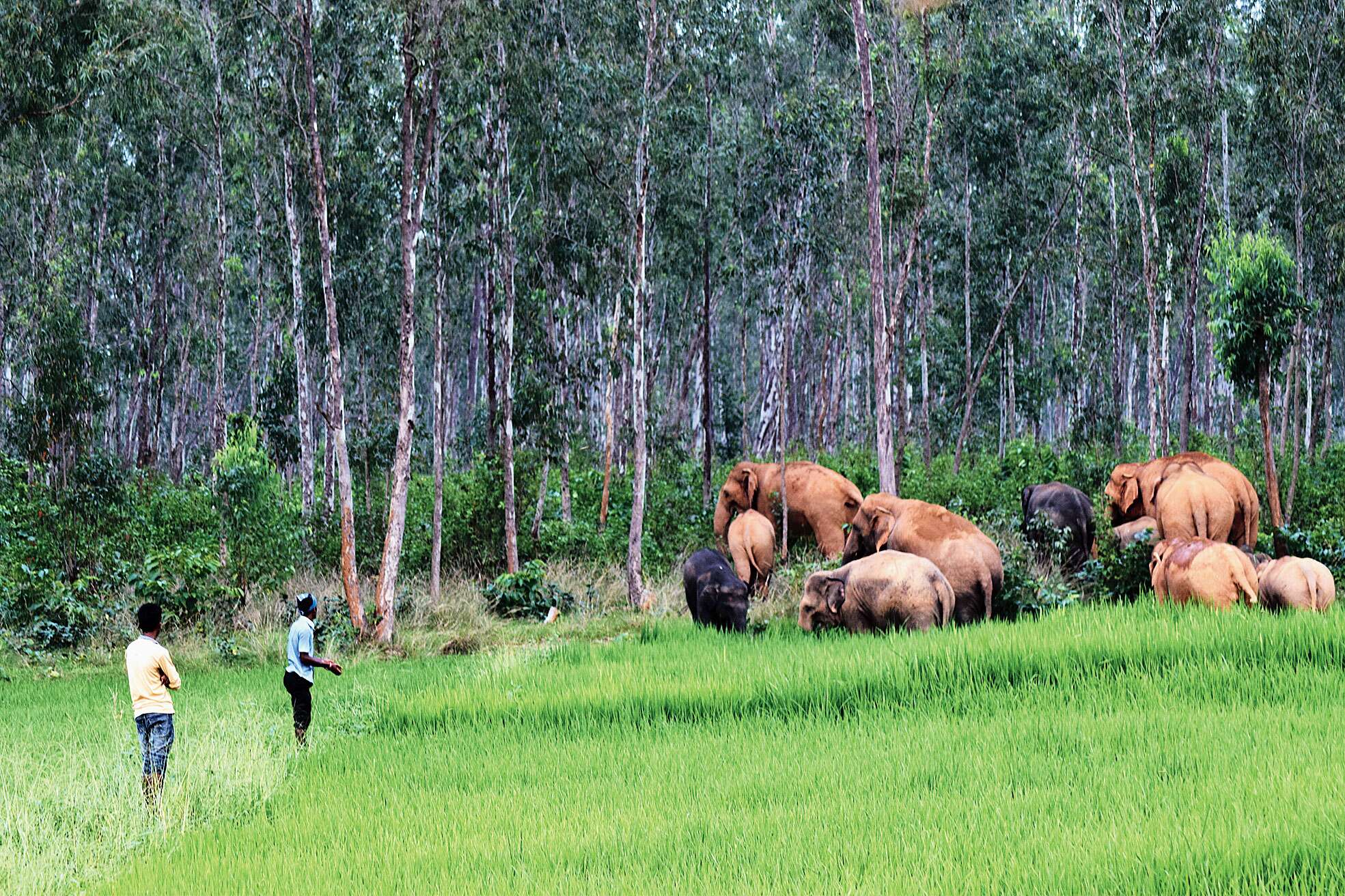
Such conflicts were also reported elsewhere like the case where the orang asli folks of Kampung Aring 5 were left terrified after a large male elephant ‘terrorised’ their compound, leaving a trail of destruction in the wake.
For the record, Aring 5 sits just a few kilometers away from one of Peninsular’s largest forest reserve, the Taman Negara rainforest that’s estimated to be 130 million years old.
Recently in another reported case of wildlife cruelty, a more popular headline describes the atrocious crimes of poachers. With 70 bullet wounds and its tusks sawn from its body – at the young age of 30, an adult pygmy elephant was brutally killed in Tawau. The remnants of the male pachyderm were left for dead and tied to a tree on the water bank.
Violence against wildlife
It has always been a difficult time for those who advocate against animal cruelty, this year bears no exception, unfortunately. Day in and out we are flooded with news regarding the poor state we have left both endangered wildlife and the welfare of animals in general. Some were lucky to escape their horrible fates, such as the case with these rescued sun bears.
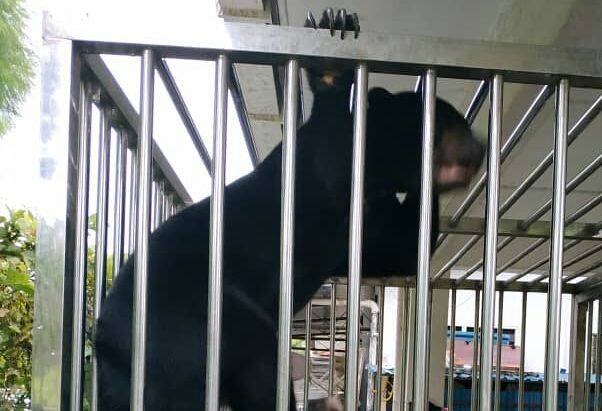
Sun bears are protected under Sarawak’s Wildlife Protection Ordinance 1998.
Anyone found killing, keeping, selling, or purchasing the animal or its derivatives will be prosecuted under the law, which would result in a RM10,000 fine or a year’s jail.
With their habitats threatened and their species dwindling from the rise of poaching, the cherry on top at this point seems to be animal trafficking.

Brewing a crime
In the small town of Kuching, an Asian forest tortoise was rescued from its fate in a cooking pot. Haggled and bought off a seller for RM500, this tortoise has taken refuge in Matang Wildlife Centre, where it will have no worries about being turned into a soup ingredient. Subsequently, Anna, the tortoise was then released back into the wild after a quick and heartwarming photoshoot. This would hardly be the first time Malaysia has made headlines for exotic pet trade though.
The issue at stake may seem simple but animal confrontations are sadly part and parcel of progress, in the big step towards human evolution. The question is – are they trespassing our homes or are we trespassing theirs?
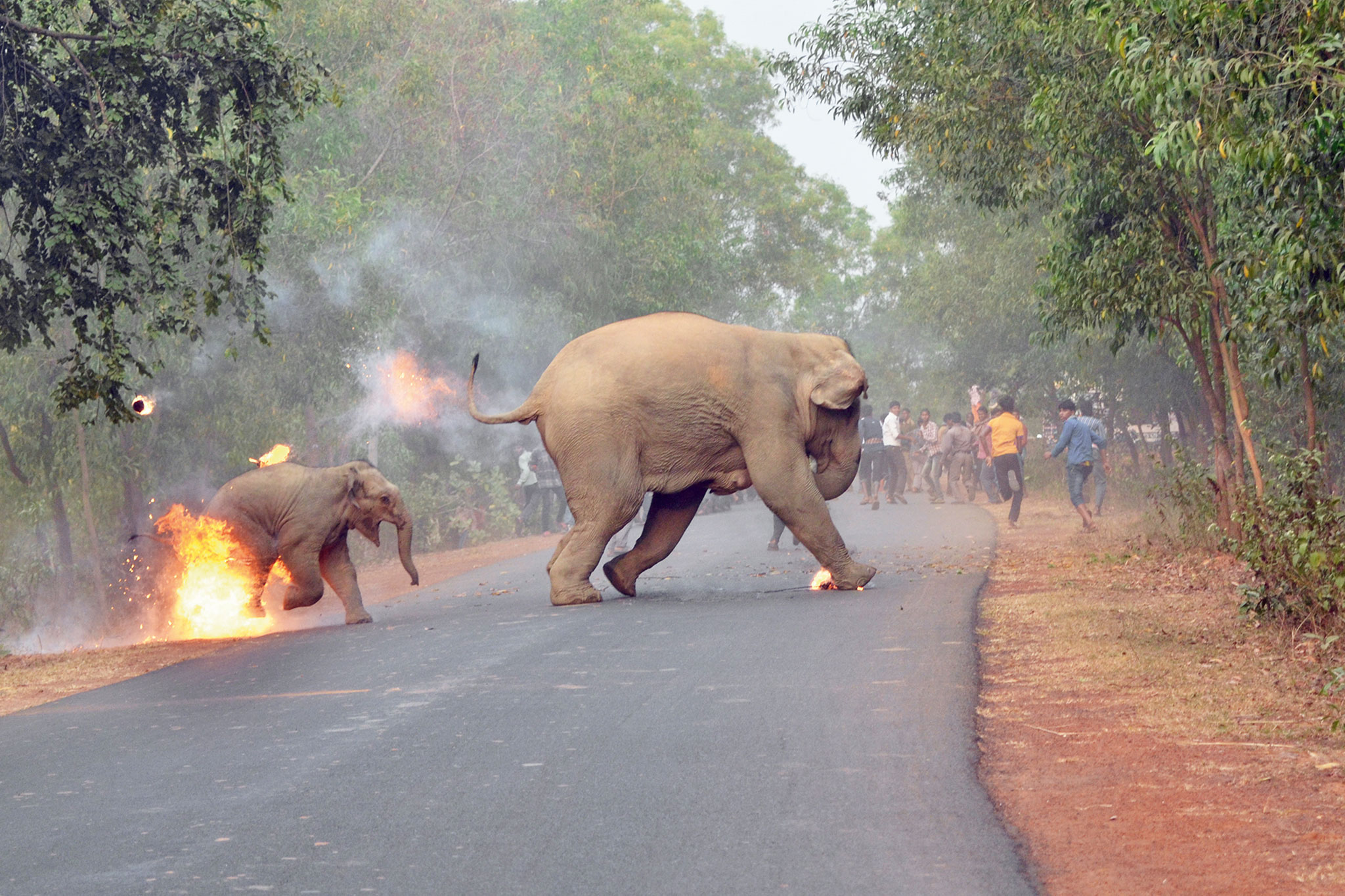
The cruelty seems to know no boundaries, keeping wildlife in captivity, poaching and cruel mistreatment seems to come to no end. The little we can do, however, is to play our role in working together with authorities such as Perhilitan and WWF to enforce our wildlife protection laws. Report suspicious wildlife crimes here by contacting the Wildlife Crime hotline at 0193564194.








